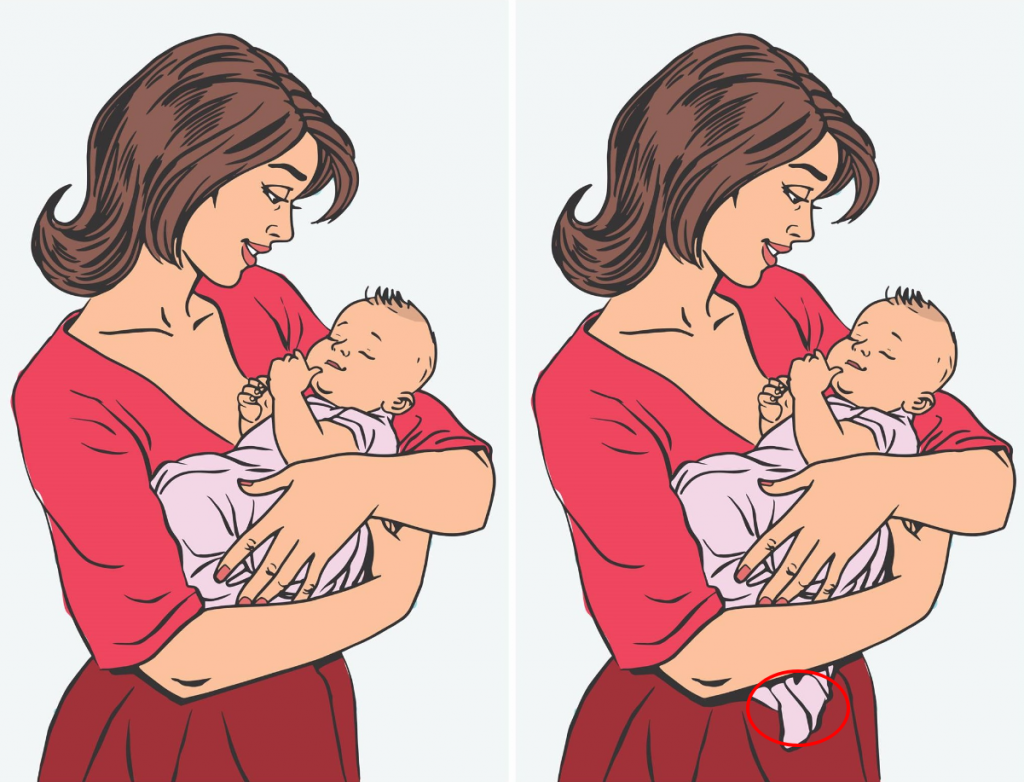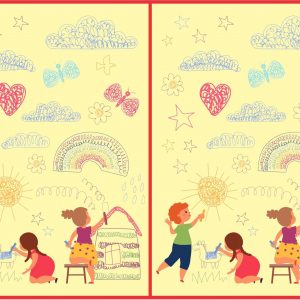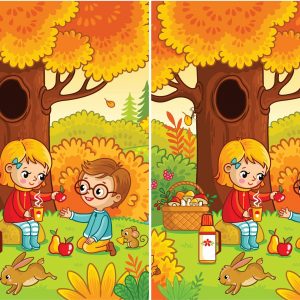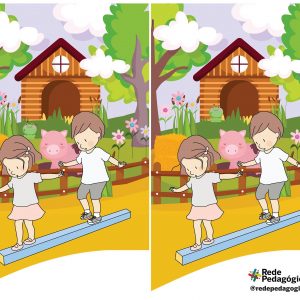The Bond of Motherhood: Nurturing the Connection with Your Baby
Motherhood is one of the most profound experiences a person can go through. It’s a journey filled with emotional depth, tenderness, and unconditional love. One of the most beautiful aspects of motherhood is the deep bond between a mother and her baby, which is often nurtured in those first moments when a mother holds her newborn close. This intimate connection creates a foundation for emotional, physical, and psychological development that lasts a lifetime.

The Powerful Connection Between a Mother and Baby
The moment a mother holds her newborn for the first time, an invisible yet unbreakable bond forms. This bond is the result of physical, emotional, and hormonal interactions that promote a sense of security, warmth, and trust between the mother and her baby. From the mother’s soft touch to the sound of her heartbeat, everything about the experience is designed to nurture and comfort the infant.
The Role of Skin-to-Skin Contact
Skin-to-skin contact, also known as kangaroo care, plays a pivotal role in the early stages of bonding. When a mother holds her baby against her bare chest, it regulates the baby’s body temperature, heart rate, and breathing. This intimate physical connection also releases oxytocin, often referred to as the “love hormone,” which strengthens the emotional bond between mother and child.
The Power of Eye Contact
During these moments of closeness, eye contact becomes an essential form of communication. Babies instinctively look into their mother’s eyes, and this exchange builds trust and affection. It’s in these silent, tender moments that the foundation of a lifelong emotional connection is established.

Emotional Development in the Early Stages
The early months of life are crucial for a baby’s emotional development. The comfort and security provided by a mother’s love can positively influence her child’s emotional resilience and ability to form relationships later in life. Nurturing these early emotional bonds helps babies feel safe and supported in their world.
Creating a Secure Attachment
Attachment theory, developed by psychologist John Bowlby, emphasizes the importance of a secure emotional attachment between the child and the caregiver. A secure attachment fosters a sense of safety, allowing the child to explore their surroundings and develop autonomy as they grow. Through consistent love, care, and responsiveness, mothers play a critical role in helping their babies develop secure attachments.
Comfort in Times of Distress
When babies cry or express discomfort, they rely on their mother to provide comfort and reassurance. A mother’s response to her baby’s needs—whether through gentle rocking, soothing words, or physical closeness—teaches the baby that they can rely on their caregiver for support. This emotional security is fundamental in helping babies regulate their emotions and develop self-soothing abilities.

Physical Care and Its Impact on the Bond
Physical care is another important aspect of bonding. A mother’s attentive care provides nourishment, warmth, and safety, all of which are essential for the baby’s well-being. Through feeding, diapering, and comforting, mothers play a vital role in promoting both the physical and emotional health of their child.
Breastfeeding and Bonding
Breastfeeding is an intimate and nurturing act that fosters a deep connection between mother and baby. It’s not just about providing nutrition; it’s about the warmth, touch, and comforting presence a mother offers during each feed. Studies have shown that breastfeeding promotes healthy brain development, strengthens the immune system, and enhances emotional bonding through skin-to-skin contact and eye contact during the process.
The Power of Routine and Consistency
Babies thrive on routine and consistency, and mothers often become the center of their child’s world. By establishing a consistent routine, a mother can help her baby feel secure and calm. Feeding, nap times, and even playtimes are opportunities for connection that contribute to the overall emotional development of the child.
The Psychological Benefits of a Strong Bond
As children grow, the bond they share with their mothers continues to influence their psychological development. A strong, secure attachment with a mother helps children navigate challenges, build confidence, and foster positive relationships with others.
Self-Esteem and Confidence
Children who grow up with a secure emotional bond with their mother are more likely to develop high self-esteem. The validation and love they receive from their caregiver help them understand their worth and build a positive self-image. These children are more likely to tackle challenges confidently and form healthy relationships as they grow older.
Social and Emotional Intelligence
A child who feels secure in their relationship with their mother is more likely to develop strong social and emotional intelligence. They learn how to express their emotions appropriately, understand the emotions of others, and navigate social situations with empathy and understanding.

Mothers as Role Models: Nurturing Through Example
Mothers are not just caregivers; they are role models. The way a mother handles stress, emotions, and relationships can shape how her child will manage these same aspects of life. Children are keen observers, and the behaviors and attitudes displayed by their mothers significantly influence their development.
Teaching Empathy and Compassion
Mothers who show empathy and compassion towards their children teach them to do the same. By modeling kindness, patience, and understanding, mothers can instill these values in their children, helping them grow into compassionate and considerate individuals. The emotional intelligence learned from a mother’s example can last a lifetime.
Building Healthy Relationships
The relationship a child has with their mother lays the groundwork for all future relationships. Mothers who show respect, care, and understanding in their interactions with their children help create a positive template for how their children will treat others. This foundation of love and trust is essential for forming healthy, lasting relationships throughout life.

The Lifelong Impact of Mother-Child Bonds
The bond between a mother and child doesn’t end after infancy. It is a lifelong relationship that continues to evolve as both mother and child grow. As children transition into adolescence and adulthood, the foundation of love, trust, and support laid during the early years continues to serve as a pillar of strength.
Supporting Growth and Independence
As children grow older, they begin to seek more independence. However, a strong bond with their mother provides them with the confidence to face challenges, take risks, and explore new experiences. Mothers are there to offer guidance, wisdom, and encouragement, helping their children navigate the complexities of life.
Enduring Love and Support
Even as children reach adulthood, the love and support of a mother remain unwavering. The bond between a mother and her child is a unique and enduring connection that evolves as both individuals grow and change. This connection provides a sense of comfort, stability, and unconditional love that lasts throughout a lifetime.

Conclusion: The Unbreakable Bond Between Mother and Child
The relationship between a mother and her child is one of the most powerful and enduring bonds in the world. From the first moments of life to the challenges of adolescence and beyond, this connection shapes a child’s emotional, psychological, and physical development. The love, care, and support that mothers offer help their children grow into confident, compassionate, and resilient individuals.
In the image of the mother cradling her baby, we see the embodiment of this special connection—an unspoken bond of love and trust that will continue to nurture and guide the child as they grow. Through every hug, every comforting word, and every shared moment, mothers play an irreplaceable role in shaping the future of their children.





